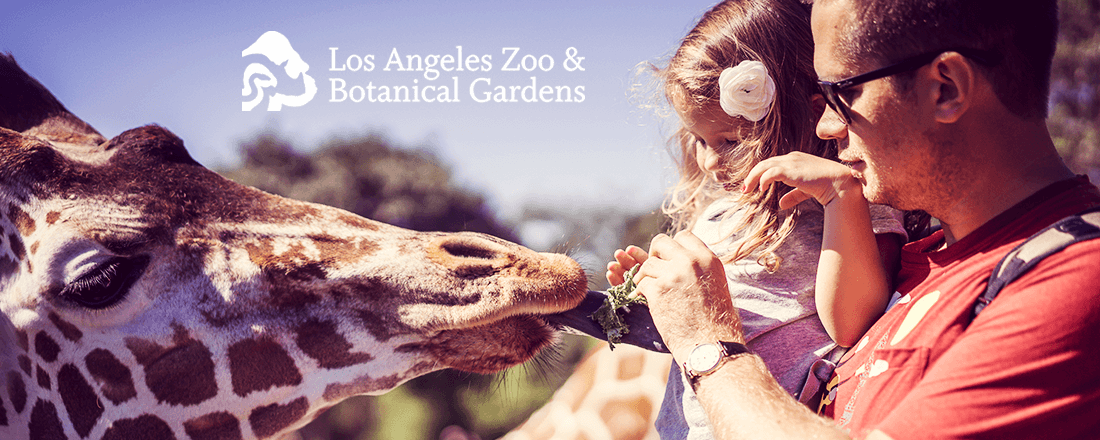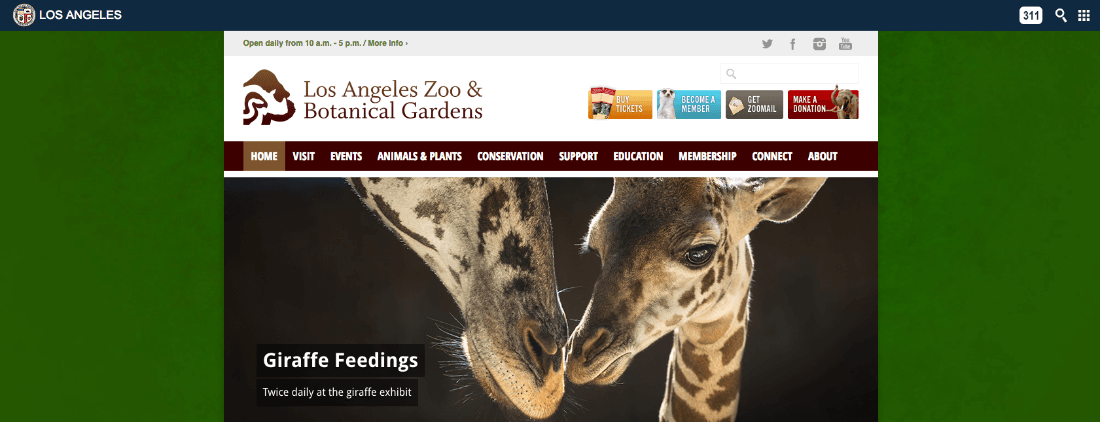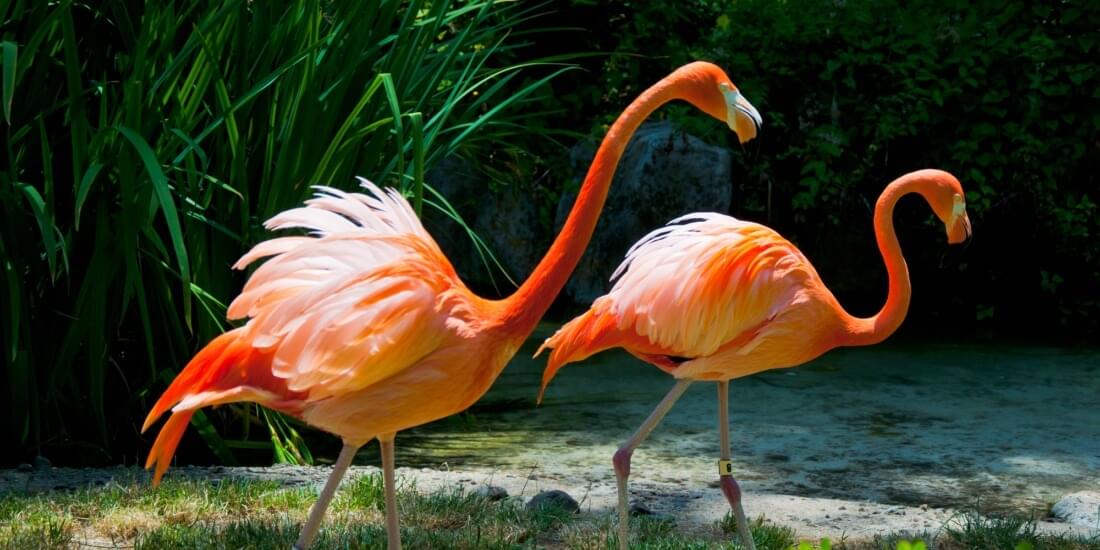
Los Angeles is one of the world’s biggest cities, so having one of the biggest and best zoos fits its personality. The Los Angeles Zoo and Botanical Gardens has been celebrating its 50th anniversary with a yearlong “ZooLAbration.” The zoo draws about 1.8 million visitors each year, is home to 1,100 animals representing 250 different species, and has more than 800 different plant species with approximately 7,000 individual plants.
Kait Hilliard, vice president of marketing and communications, and Lisa Correa, membership director, talked with RewardExpert about the zoo’s charm.

Conservation is key
“Most zoos participate in some kind of conservation efforts, but what’s unique about some of ours is that they’re focused on animals indigenous to the area,” Hilliard said. One example is the California Condor Recovery Program, which helps look after condors born in the wild — perhaps those with lead poisoning. A condor named Dolly is on display to the public for special occasions.
The Peninsular Pronghorn Recover Program is similar, focusing on species that are similar to but not exactly like antelope. They are often located at Yosemite National Park. “They are the second-fasted land mammal, only second to the cheetah,” Hilliard said. “They can run to top speed for something like 20 minutes, when cheetahs can do it for a couple minutes at most.”
Not many people go to zoos to see frogs, Hilliard admitted, but the mountain yellow-legged frog is indigenous to the Southern California scene. The species is dwindling due to drought. The zoo successfully breeds endangered reptiles other zoos haven’t had success with, such as the Komodo dragon. Buutan lizards were thought to be extinct — that was until the zoo became the only one in the country to hatch their eggs and raise offspring.
“Getting animals to breed is one challenge, but sustaining newly hatched is another thing because they’re not fed by their parents,” she said. “We had to figure out what kind of diet these guys eat.”
On June 27 a new elephant moved from the Fresno Zoo to the L.A. Zoo. It arrived with three other Asian elephants. Other activities include giraffe feedings and hippo encounters on weekends for an extra charge, which includes going behind the scenes with a mother and daughter hippo, Mara and Rosie, respectively.

Membership deals and visitor advice
Correa said the zoo launched a loyalty rewards program in March, sending notices to individuals who have celebrated two, four and nine years as members. She found that those who renew memberships multiple years will ultimately keep renewing, providing a sense of ownership.
Hilliard advised guests to grab a map and preview exhibits and events online in advance. “Think about what is important to you and what you want to see,” she said.
Animal appeal and challenging the future
Attendees gravitate towards the favorites: giraffes, rhinos, chimps, tigers and lions. The L.A. Zoo also presents a slew of wildlife that people may not be familiar with. Visiting lazoo.com/now helps people find out what’s happening in advance.
The zoo just completed a master plan project that spans 15 years. Celebrating 50 years has caused a good deal of reminiscence, while also addressing current challenges that animals face — like climate change and the need to increase conservation efforts.
“We’re in the largest urban park in the country, in Griffith Park, where there’s so many other things to do as part of their visit, Hilliard said. “We’re starting on the next plan and thinking what a zoo of the future could be.”





